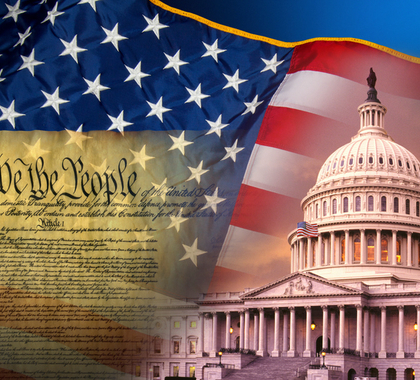Both major political parties are embracing the idea of using the Article V amendment process to enact constitutional changes, but they disagree on what changes should be made to how the federal government operates.
At the Republican Party’s national convention in July, the platform passed by the GOP includes calls for amendments that would require the federal government to operate with a balanced budget, shorten federal lawmakers’ maximum time of service in elected office, and reestablish Congress’ authority to restrict federal regulatory agencies’ power.
The Democratic Party’s platform included a request for a constitutional amendment that would restrict private organizations’ ability to engage in political speech.
For a state-initiated amendment to be considered, 34 states must pass resolutions requesting an amendments convention.
Forcing Congress’ Hand
David Guldenschuh, special counsel for the Balanced Budget Amendment Task Force, one of several national organizations working with state lawmakers to help pass reform resolutions in state general assemblies, says state lawmakers can do what federal lawmakers can’t or won’t do.
“Congress doesn’t want to rein in its authority to borrow, so it will never propose such an amendment,” Guldenschuh said. “Article V is intended to allow a convention of states to be called on a specific amendment.”
Kyle Maichle, project manager for constitutional reform at The Heartland Institute, which publishes Budget & Tax News, says the major political parties’ embrace of constitutional reform will spark greater interest in the Article V movement.
“Whatever is included in a party platform can be important in getting support among fellow legislators,” Maichle said.




